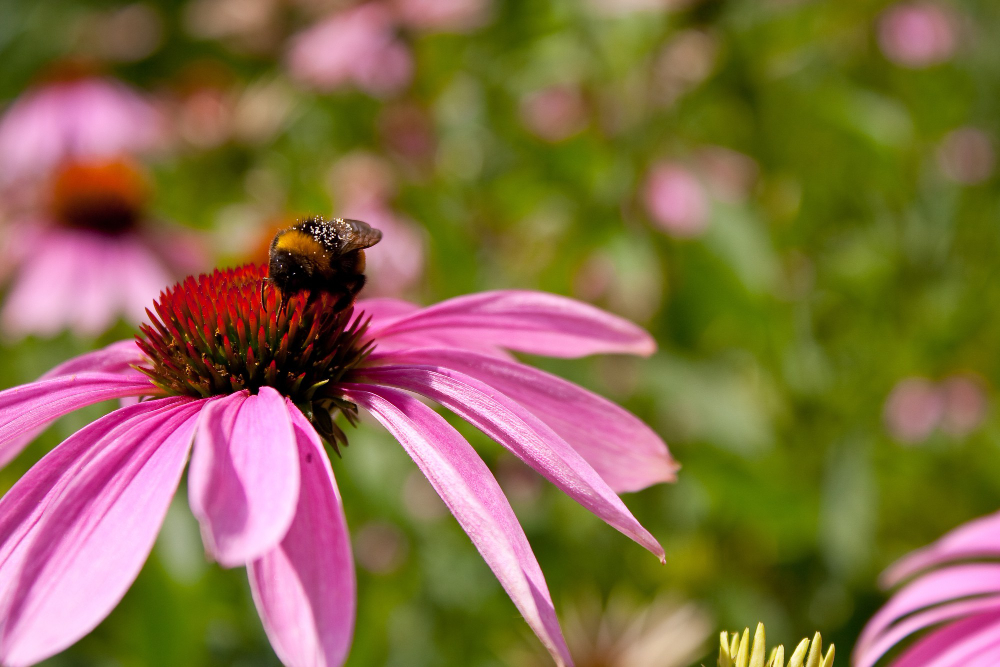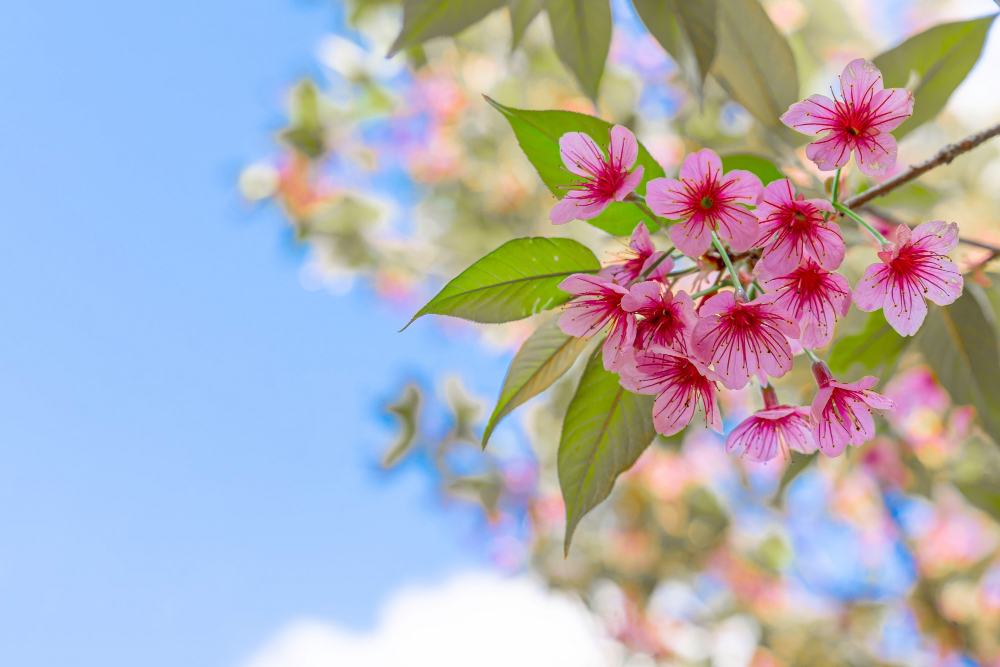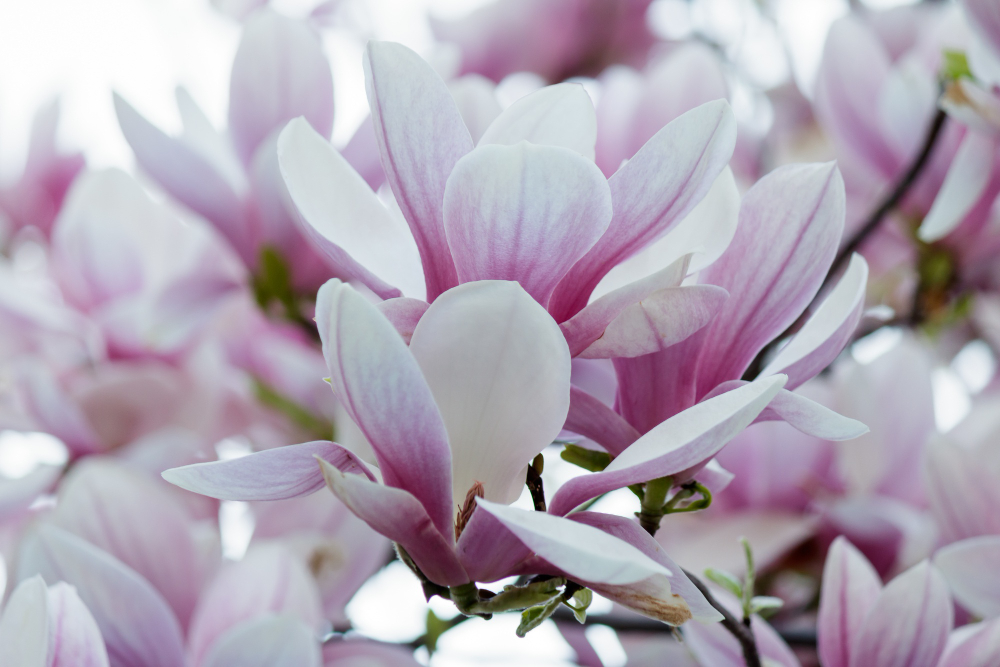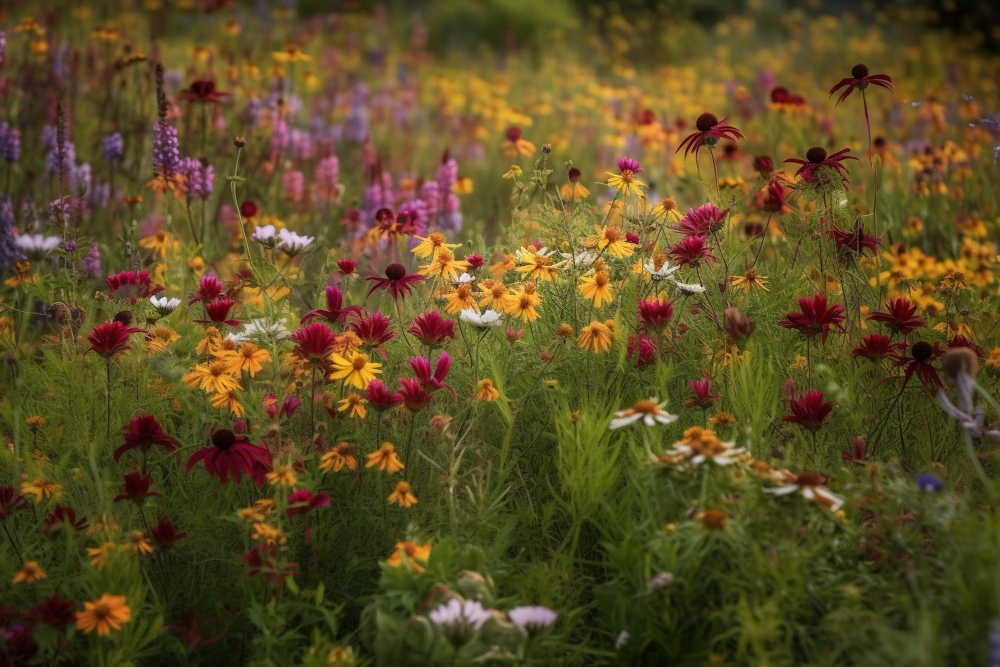Dahlias, with their vibrant and diverse blooms, have become a beloved addition to gardens worldwide. Beyond their stunning appearance, dahlias play a vital role in pollinator conservation. These charismatic flowers have a unique ability to attract and support a variety of important pollinators, including bees, butterflies, and hummingbirds. In this article, we will explore the fascinating relationship between dahlias and pollinators, shedding light on their crucial role in preserving these essential creatures.
Feast for Bees: Dahlia’s Nectar Buffet
Dahlias are a rich source of nectar, making them an irresistible buffet for bees. Bees, including honeybees and native solitary bees, are drawn to the dahlia’s abundant nectar reserves. As they visit the intricate florets of the dahlia blooms, bees inadvertently collect and transfer pollen, enabling the process of pollination. By providing a reliable food source, dahlias support bee populations and contribute to the pollination of other plants in the surrounding ecosystem.
Luring Butterflies: A Colorful Dance of Nectar
Dahlias’ vibrant hues and open flower structure make them highly attractive to butterflies. These graceful insects are not only captivated by the dahlia’s colors but also seek out their nectar-rich blossoms. Butterflies, such as monarchs, swallowtails, and painted ladies, flit from flower to flower, sipping nectar and inadvertently carrying pollen on their bodies. Dahlias provide essential nourishment for butterflies and serve as important stepping stones for their migration journeys.
Enticing Hummingbirds: A Floral Delight
Dahlias hold a special allure for hummingbirds, enchanting these tiny birds with their trumpet-shaped blooms and abundant nectar. Hummingbirds are highly attracted to bright, tubular flowers, and dahlias fit the bill perfectly. Their vibrant colors and nectar-filled blossoms act as beacons for these avian wonders. As hummingbirds hover near dahlias, their long beaks and tongues allow them to access the hidden nectar reserves, while their bodies inadvertently pick up and transfer pollen, facilitating cross-pollination.
Pollinator-Friendly Gardening: Creating a Dahlia Haven
Dahlias can play a pivotal role in pollinator conservation when incorporated into pollinator-friendly gardens. By planting a variety of dahlia cultivars, gardeners can provide a continuous source of nectar throughout the blooming season, ensuring a steady food supply for pollinators. Additionally, selecting dahlia varieties with different flower shapes and colors can attract a diverse range of pollinators, promoting biodiversity within the garden. Creating a pollinator-friendly space with dahlias and other nectar-rich plants supports pollinator populations and contributes to the overall health of local ecosystems.
Beyond Nectar: Dahlia’s Ecological Impact
The impact of dahlias goes beyond their role as nectar providers. These flowers also support a host of other organisms in the ecosystem. For instance, dahlia foliage provides shelter and nesting opportunities for beneficial insects, such as ladybugs and lacewings, which help control pest populations. Additionally, the dahlia’s dense foliage can serve as a protective habitat for ground-dwelling bees and other small creatures. By cultivating dahlias, gardeners create a vibrant and biodiverse environment that sustains a web of interconnected species.
Conservation Awareness: Protecting Pollinators and Dahlias
As awareness of pollinator decline grows, the conservation of pollinators and their habitats becomes increasingly important. By embracing dahlias in gardens, we not only support the survival of pollinators but also raise awareness about their significance. Sharing knowledge about the role of dahlias in pollinator conservation can inspire others to take action and create pollinator-friendly spaces in their own gardens or communities. By preserving and restoring habitats, minimizing pesticide use, and planting a diverse range of nectar-rich flowers like dahlias, we can collectively make a positive impact on pollinator populations.
Embracing Dahlias: Allies in Pollinator Conservation for a Healthy Planet
Dahlias are not just exquisite flowers that add beauty to our gardens; they are also crucial allies in pollinator conservation. From attracting bees and butterflies to enticing hummingbirds, dahlias provide a vital source of nectar and play a significant role in the pollination process. By cultivating dahlias and promoting pollinator-friendly practices, we can create havens for these important creatures and contribute to the overall health and biodiversity of our ecosystems.



